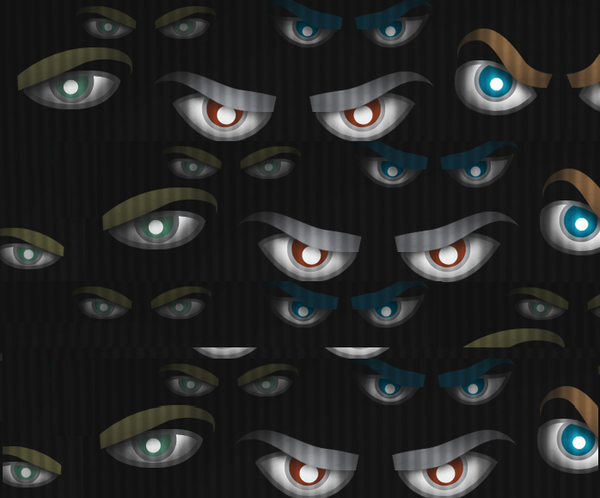Philippines Pass Online Libel Law; If You (DO NOT) Like it, Don`t Show It

The Philippines recently passed a cybercrime law that sparked controversy among freedom of speech promoters due to its broad approach to what might constitute online libel, according to Yahoo! News.
The Cybercrime Prevention Act of 2012 adopted by the Congress of Philippines aims to “define cybercrime, provide for the prevention, investigation, suppression and the imposition of penalties therefore and for other purposes” and lists punishable acts, including cyber-squatting, cybersex, child pornography and spamming. The item that raised most concerns and set online activists raging governs libel “[“¦] committed through a computer system or any other similar means which may be devised in the future,” which is punishable by fines or prison time.
“Questions have been raised about the constitutionality of certain provisions of the act. We recognise and respect efforts not only to raise these issues in court, but to propose amendments to the law in accordance with constitutional processes,” said presidential spokesman Edwin Lacierda.
“No government entity has moved to deprive anyone of access to the Internet or to suppress civil liberties as exercised online,” he said. “We call on critics of the Cybercrime Act to speak out against online vandalism and bullying with as much vigor and passion as they have expressed in their objections to certain provisions of this law.”
Filipino protesters ring alarm bells against the criminalization of libel brought about by the new act. “A Cybercrime Prevention Act is necessary, but must not be oppressive,” said Senator Teofisto Guingona III.
“In an age when decriminalization of libel is the trend, this law makes a fatal step back, toward the vault of archaic policies that cannot be made to apply to the modern man operating in a modern world.”
International independent defenders of human rights have joined online dissenters. “The cybercrime law needs to be repealed or replaced,” said Brad Adams, Asia director of Human Rights Watch. “It violates Filipinos` rights to free expression and it is wholly incompatible with the Philippine government`s obligations under international law.”
If no repeal is sought, the Cybercrime Prevention Act of 2012 comes into force today.
tags
Author
Ioana Jelea has a disturbing (according to friendly reports) penchant for the dirty tricks of online socialization and for the pathologically mesmerizing news trivia.
View all postsRight now Top posts
How to Protect Your WhatsApp from Hackers and Scammers – 8 Key Settings and Best Practices
April 03, 2025
Outpacing Cyberthreats: Bitdefender Together with Scuderia Ferrari HP in 2025
March 12, 2025
Streamjacking Scams On YouTube Leverage CS2 Pro Player Championships to Defraud Gamers
February 20, 2025
How to Identify and Protect Yourself from Gaming Laptop Scams
February 11, 2025
FOLLOW US ON SOCIAL MEDIA
You might also like
Bookmarks








